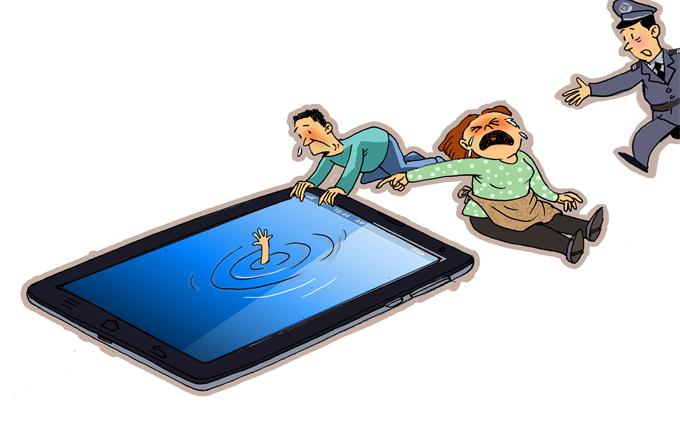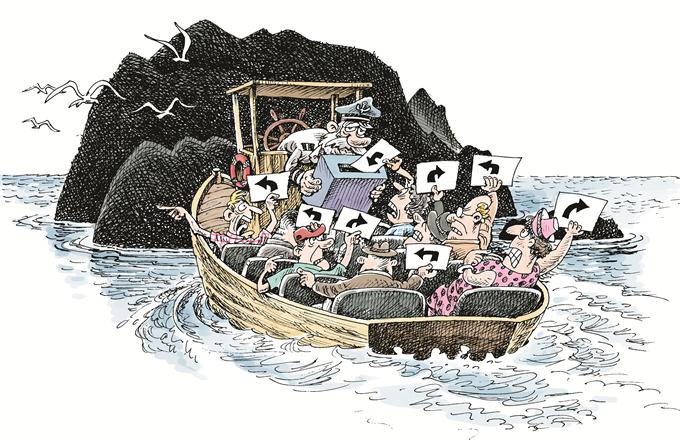Inclusive society starts from education
An airline recently told a man that his autistic son would not be allowed to board a flight with him because "the boy's behavior was odd" as he was reportedly seen yelling and frenetically walking back and forth in the busy airport. The incident sparked an online debate, with some netizens supporting the airline's decision, because they believed the 13-year-old boy's behavior was troubling other passengers. Another group contends that the airline's ground staff's decision was arbitrary, especially because they didn't provide the necessary help to the boy who did no one any harm.
Was it a careless decision? Was it discriminatory? Was it wrong?
In our daily life we often make decisions based on prejudice against, lack of knowledge about or fear of somebody or something that behaves or looks different from "normal". It is easier to walk away than trying to understand those who don't fit our perception of normal. Unfortunately, this seems to be common in many countries, including China.
Concerted efforts of the government, educational institutions, families-society as a whole-will be needed to remove the prejudice against people with disabilities, especially children, and help them become full citizens who enjoy all the rights and public services. Sadly people with disabilities are often invisible in society. And if they remain invisible, the barriers against them will never be removed.
Studies have shown that the lack of access to some essential services such as education and healthcare makes people with disabilities more vulnerable to poverty. To break the vicious cycle of poverty and foster a more inclusive society, we need to start from childhood.
China has made great progress in improving the well-being of children in general, but the same cannot be said about kids with disabilities. Statistics from the China Disabled Persons' Federation show that only 72 percent of children with disabilities aged between 6 and 14 years receive the nine-year basic education, compared with nearly 100 percent for children of the same age group in general.
For those children with disabilities who have access to education, half of them attend special schools and still face innumerable challenges in finding suitable jobs. In other words, they end up on the margins of society because they have not been imparted the proper knowledge and skills needed to compete in mainstream society.
Inclusive education is the key to creating a truly inclusive society. Inclusive education means children with disabilities attend mainstream schools and, while following the same curricula as all other children, they also receive special attention and encouragement from specially trained teachers in classrooms equipped with all the necessary resources.
Since 2012 intensive pilot intervention programs have been launched in Sichuan and Yunnan provinces, and the Xinjiang Uygur autonomous region.
Teachers have been equipped with necessary skills and knowledge to design personalized study plans for children with disabilities, and resource classrooms have been set up with tools and toys that can be used for mental and physical stimulation and rehabilitation of such children.
Last year, world leaders adopted the ambitious Sustainable Development Goals, which set a clear benchmark for progress toward a world in which every child will have the right to life, development, protection and participation.
There is still a long way to go before all the barriers that prevent children with disabilities from living a fully inclusive life are removed.
Save the Children, along with some other NGOs, is committed to joining hands with partners and individuals to make sure that all children, including children with disabilities, receive quality education by 2030.
The author is country director for Save the Children China.


















